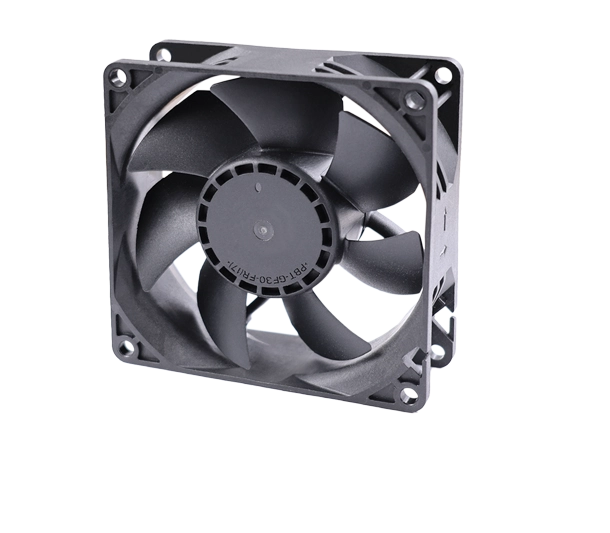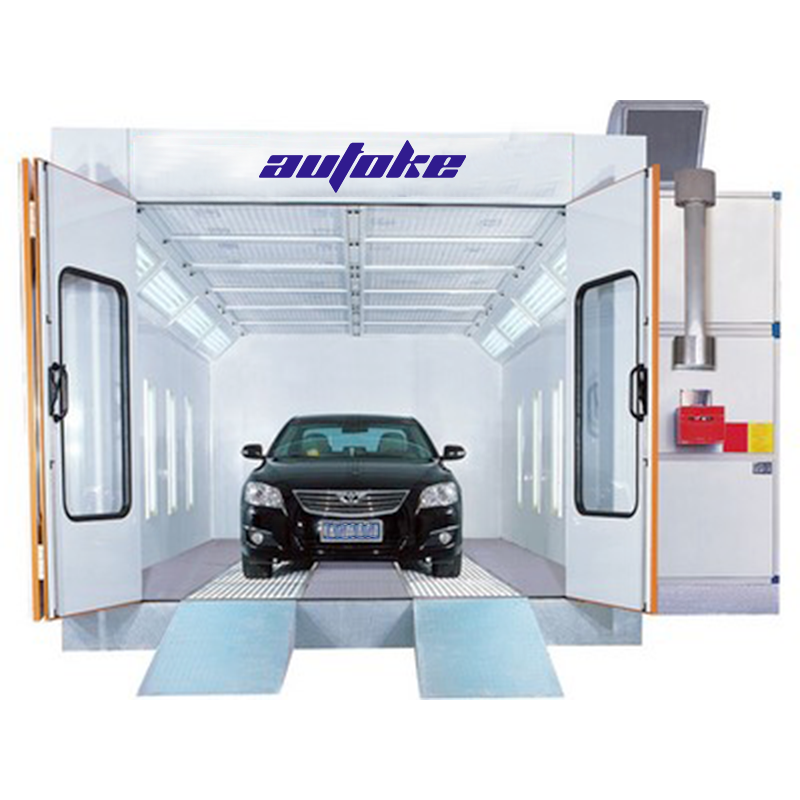PVC ceilings have gained popularity in recent years due to their versatility, affordability, and ease of installation. However, one common concern among homeowners and professionals alike is whether PVC ceilings can withstand exposure to moisture. In this article, we will delve into the waterproof properties of PVC ceilings and explore their ability to resist water damage.
Understanding PVC Ceilings:
Polyvinyl chloride (PVC) is a synthetic plastic polymer known for its durability and resistance to various environmental factors. PVC ceilings are made from this material and are commonly used in residential and commercial spaces. They offer a range of benefits, including resistance to mold, mildew, and termite infestation. However, their performance in wet environments requires further investigation.
Waterproofing Capabilities:
PVC ceilings are inherently water-resistant, making them suitable for areas with high humidity levels, such as bathrooms and kitchens. The material itself does not absorb water, preventing the growth of mold and mildew. However, it is important to note that PVC ceilings are not entirely waterproof and can still be affected by excessive moisture if not properly installed or maintained.
Installation Considerations:
To ensure the best waterproofing performance, proper installation techniques are crucial. Here are some key considerations:
- Sealant Application: Applying a high-quality sealant to the joints and edges of PVC ceiling panels can enhance their water resistance. This step helps to prevent water infiltration and potential damage.
- Proper Ventilation: Adequate ventilation is essential to minimize moisture buildup in the room. Installing exhaust fans or ensuring proper air circulation can help prevent condensation and reduce the risk of water damage to PVC ceilings.
- Regular Maintenance: Regular inspection and maintenance of PVC ceilings are necessary to identify any signs of water damage or leaks. Promptly addressing any issues can prevent further damage and maintain the longevity of the ceiling.
Limitations and Precautions:
While PVC ceilings offer good resistance to moisture, certain precautions should be taken to avoid potential damage:
- Avoid Direct Water Exposure: Although PVC ceilings can withstand occasional splashes and humidity, direct and prolonged exposure to water should be avoided. This includes situations such as heavy rain or leaks from plumbing fixtures.
- Proper Cleaning Techniques: When cleaning PVC ceilings, it is important to use non-abrasive cleaners and avoid excessive water. Gentle wiping with a damp cloth or mild detergent solution is usually sufficient.
Conclusion:
In conclusion, PVC ceilings possess inherent water-resistant properties, making them suitable for areas prone to moisture. However, they are not entirely waterproof and require proper installation, maintenance, and precautions to ensure their longevity. By following the recommended guidelines and considering the limitations, PVC ceilings can provide a durable and aesthetically pleasing solution for various spaces in both residential and commercial settings.

